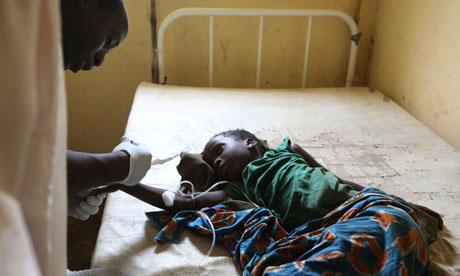By Joseph Juhn
Impunity Watch Reporter, Oceania
PORT MORESBY, Papua New Guinea – A Papua New Guinea (PNG)policeman shot a 15 year old boy who had been held in police custody. The police was arrested immediately and was charged for willful murder.
The Post Courier newspaper reports Micah Anaiwe, provincial police commander, as saying, the policeman is alleged to have gone into a cell and shot the underage suspect many times. The teenager was in police custody after he stabbed a supermarket manager during a robbery in the Oro province town.
According to reports, the the policeman was under the influence and had allegedly been drinking with owners of the supermarket before the shooting took place.
This is the second time a shooting by a police officer of a suspect in custody has happened in the province.
Just last month, a suspect arrested by two police officers was taken to a nearby stream and shot.
Superintendent Dominic Kakas says PNG’s Police Commissioner, Gary Baki, takes such matters very seriously and investigation will be underway.
“We’ve done our level best to try and win back public confidence. He’s taken on a number of initiatives to also improve policing and so on and this sort of like sets back a lot of positive developments that have taken place.”
Beginning of this year, there has been an investigation by the United Nation that there is a high incidence of police brutality and torture at PNG police cells, and the government was urged to address the issue and improve the situation.
For more information, please see:
Radio New Zealand – PNG Police Commissioner concerned at shooting in custody – 27 October 2010
Radio New Zealand – PNG policeman arrested following fatal shooting of jailed child – 27 October 2010
Radio Australia – PNG Policeman kills detainee in cell – 26 October 2010



